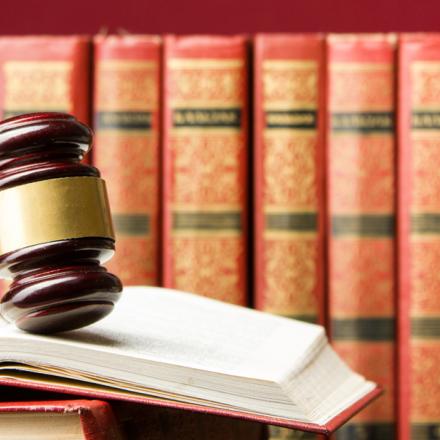In the ever-evolving landscape of digital communication, influencers wield significant power and influence over their audiences. With millions of followers at their fingertips, influencers have become key players in shaping public opinion and consumer behavior. However, this newfound prominence comes with a set of legal pitfalls, particularly in the realm of defamation. Defamation, broadly defined as the communication of false statements that harm the reputation of an individual or entity, can have severe consequences for influencers who may unwittingly cross legal boundaries. One of the primary defamation risks influencers face is the potential for making false statements about others. In the pursuit of engagement and attention, influencers may be tempted to share unverified information or sensationalize stories. This can lead to the spread of misinformation, damaging the reputation of the subject involved. Whether it is a rival influencer, a brand, or an individual, making false claims can result in legal action. Influencers must exercise caution and diligence when sharing information, ensuring its accuracy before disseminating it to their vast audience. Moreover, the issue of context is paramount in defamation cases. Influencers often express opinions or provide commentary on various topics, from products to current events.

While freedom of speech is a fundamental right, expressing opinions as facts without proper context can be legally problematic. Influencers should be mindful of distinguishing between statements of fact and expressions of personal opinion. Presenting opinions as facts can blur the lines and expose influencers to defamation claims, as their statements may be perceived as misleading or damaging. In the age of sponsored content and brand partnerships, influencers face additional defamation risks related to their promotional activities. Endorsing products or services without thorough scrutiny can lead to legal troubles if the claims made in advertisements are found to be false or misleading. Influencers should take the time to research and verify the accuracy of the information provided by brands to avoid unwittingly becoming conduits for deceptive marketing. Social media, with its instantaneous nature and global reach, amplifies the potential impact of defamatory statements. What may start as a seemingly innocuous post can quickly snowball into a viral controversy with far-reaching consequences.
Influencers must recognize the power they hold and the responsibility that comes with it. Implementing fact-checking processes, being transparent about sources, and engaging in responsible communication are crucial steps in mitigating defamation risks. Additionally, influencers should familiarize themselves with the legal frameworks surrounding defamation in various jurisdictions. Laws can vary significantly, and what may be acceptable in one region could lead to legal consequences in another Bitman Entertainment Lawyers. By understanding the legal landscape, influencers can tailor their communication strategies to minimize defamation risks while still maintaining authenticity and engagement with their audience. In conclusion, while influencers play a pivotal role in shaping digital discourse, they must navigate the legal pitfalls of defamation with caution. Upholding accuracy, providing proper context, and staying informed about legal standards are essential aspects of responsible communication for influencers in today’s dynamic online environment. By exercising prudence and adhering to ethical guidelines, influencers can harness their influence positively without succumbing to the legal perils of defamation.